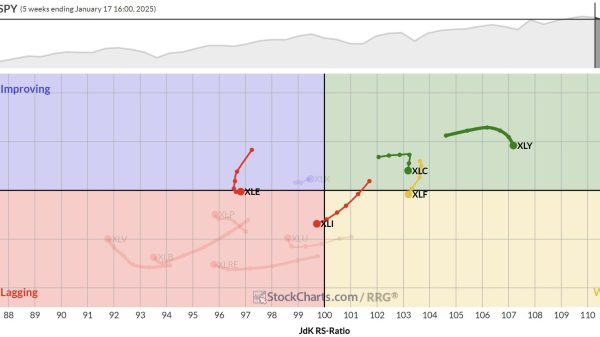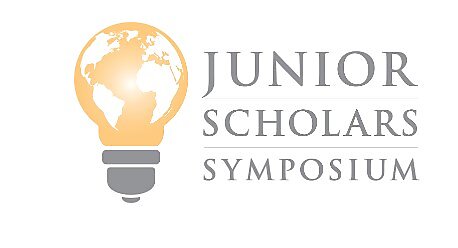Breastfeeding may have short-term and long-term benefits for both mother and child:
- Breast milk transfers many maternal antibodies to the newborn, protecting the baby from infection while the baby’s immune system develops.
- Research suggests breastfeeding may reduce an infant’s risk of developing asthma and obesity and may reduce the risk of developing type 1 diabetes by 15 to 30 percent.
- It may also reduce the risk of sudden infant death syndrome (SIDS) by 50 percent.
- There is also evidence that breastfeeding may reduce the mother’s risk of developing type 2 diabetes, high blood pressure, and breast and ovarian cancer.
For these reasons, the American Academy of Pediatrics, the World Health Organization, and the United Nations Children’s Fund all recommend exclusive breastfeeding during a baby’s first six months and supplemental breastfeeding until a child reaches age two or older. Yet many mothers face painful and frustrating challenges when attempting to nurse their infants. At the same time, numerous pediatricians and other health professionals lack the training and confidence needed to support breastfeeding mothers effectively.
According to the Centers for Disease Control and Prevention, in 2019, only 55.8 percent of infants in the United States were breastfeeding at six months. Only 24.9 percent were exclusively breastfeeding. Breastfeeding rates are lower among certain racial and ethnic minorities. A March 2023 study found, “Overall, 88% of women reported any breastfeeding; Black (77%) and American Indian (82%) women were least likely to report any breastfeeding, compared to other groups (89%–100%).”

Perceiving the lack of adequate professional support for breastfeeding mothers, entrepreneurial mothers with breastfeeding experience established private-sector voluntary programs to train lactation support professionals and set standards for certifying them at various levels of expertise. A group of mothers in Chicago founded the La Leche League International in 1956, which spun off the International Board of Lactation Consultant Examiners (IBLCE) in 1985. The IBLCE later established the first private, voluntary certification for lactation support professionals, granting them the title of International Board Certified Lactation Consultant (IBCLC). Other private, voluntary certifying organizations arose over time to compete with the IBCLE. For example, the Academy of Lactation Policy and Practice, established in 1999, offers certification as a Certified Lactation Counselor (CLC) or an Advanced Lactation Consultant (ALC).
Certification and credentialing organizations are important for setting standards and providing helpful quality signals to health care consumers. Government-mandated licensing, on the other hand, restricts new entrants to the field, stifles innovation, and impedes patients’ access.
Unfortunately, in recent years, lawmakers in several states have begun licensing lactation consultants. The National Lactation Consultant Alliance (NCLA), allied with the IBLCE, lobbies to erect such barriers to lactation support professionals. The NCLA website states:
NCLA considers licensure of the International Board Certified Lactation Consultant integral to the provision of clinical lactation care to childbearing families. Licensure of qualified IBCLCs facilitates clinical lactation care that is safe, affordable, risk appropriate, and equitable.
Lawmakers in New Mexico, Oregon, and Rhode Island have barred lactation support professionals from presenting themselves to consumers as lactation consultants unless the IBCLC certifies them, thus granting monopoly status to that certifying body. Massachusetts lawmakers are currently considering such legislation.
In 2018, Georgia lawmakers went further. They banned anyone from offering any level of lactation support services to nursing mothers without IBCLC certification. The law never took effect after a challenge by lactation professionals led the Georgia Supreme Court to declare it unconstitutional.
Yet a pattern of improved six-month exclusive breastfeeding rates has yet to emerge among states with licensed lactation consultants.
Some lactation consultants support licensing because the federal government effectively subsidizes it. Federal law requires Medicaid and insurance companies to pay for breastfeeding support only if licensed professionals perform these services. In effect, Congress encourages lactation support professionals to agitate for licensing by offering subsidies if they convince state lawmakers to restrict entry into the profession.
In our new Cato briefing paper, former Cato Research Associate Sofia Hamilton and I describe how the lactation consultant profession arose organically and evolved without government direction or support. We also explain why licensing would reduce innovation and access to lactation support services, particularly in rural and underserved areas. We urge states with lactation consultant licensing laws to repeal them. In states considering licensing lactation consultants, we tell lawmakers, “Don’t just do something; stand there.”
You can read the briefing paper here.



























